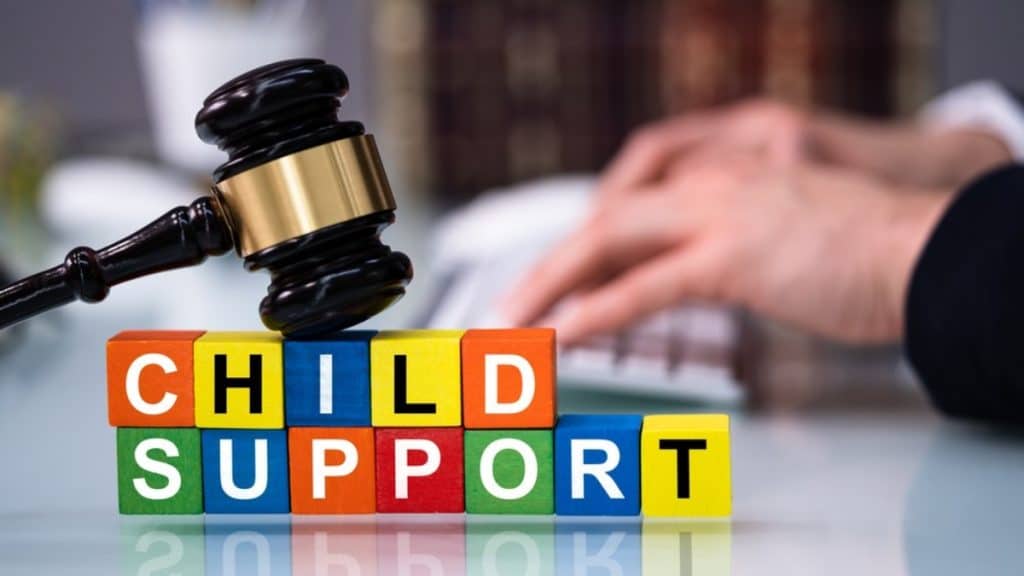Child support is meant to help divorced or separated parents provide for their children, but when payments aren’t made, it can create serious challenges. Missing support doesn’t just put financial strain on the custodial parent—it also affects the children, impacting everything from their housing stability to their education. For parents facing nonpayment, understanding their rights and the steps they can take is a must to manage this difficult situation.
When faced with a situation where an ex refuses to meet child support obligations, knowing the steps to take becomes important. There are numerous resources available to provide assistance throughout the process, so looking into each possibility can lead to more favorable outcomes for both you and your children. Understanding legal rights, maintaining thorough documentation, reviewing communication avenues, and seeking a child support attorney may help in finding a resolution.
Clarifying Your Child Support Order
Reviewing the child support order provides clarity on specific terms and conditions set forth during legal proceedings. Familiarity with payment schedules, amounts, and obligations helps to identify any discrepancies accurately. Understanding these details lays the groundwork for any necessary actions.
State laws vary regarding child support enforcement, highlighting the importance of researching local regulations. Gathering documentation, such as payment records and correspondence, strengthens your position. Collecting evidence of nonpayment aids in illustrating the situation clearly.
Documenting Nonpayment
Keeping detailed records of missed child support payments offers a path toward addressing noncompliance. Note dates and amounts of each missed payment for accurate documentation. This information demonstrates the extent of nonpayment and supports claims made in potential legal actions.
Efforts to communicate with your ex regarding unpaid support should not go unrecorded. Save emails, texts, and notes from phone calls discussing the issue, as these attempts can highlight your commitment to resolving the matter amicably. Collecting evidence, such as bills or expense reports that illustrate the financial strain due to nonpayment, can be important in any discussions or court hearings.
Communicating With Your Ex
Approaching your ex about child support issues can be daunting, but a calm conversation might lead to understanding. Expressing concerns honestly, without accusations, creates an environment for constructive dialogue. Listening actively to their perspective can reveal unexpected challenges they face regarding payments. This open exchange offers a chance for both parties to address feelings and search for common ground.
If personal discussions falter, bringing in a neutral mediator often aids in reaching an agreement. A mediator’s guidance helps steer conversations away from confrontation, focusing instead on finding feasible solutions. Consider scheduling sessions with a mediator to facilitate discussions that aim to establish a clear payment plan moving forward.
Pursuing Legal Enforcement
The family court offers various pathways for custodial parents seeking enforcement when support payments remain unpaid. Filing a formal complaint initiates this process, leading to an official examination of the noncompliance. This step often requires submitting documentation already compiled, demonstrating payment history and attempts at communication with the non paying parent.
Enforcement actions are ways to make someone pay, like taking money directly from their paycheck (wage garnishment) or putting a legal claim on their property (property lien). States have their own rules for these actions, and looking into penalties for not paying can show what steps are possible. Getting help from legal resources or services can make it easier to handle.
Utilizing Support Resources
Accessing local resources often proves beneficial for custodial parents facing nonpayment issues. Child support enforcement agencies exist to aid in the collection of overdue payments. These agencies can guide you through the enforcement process and connect you with additional services tailored to your circumstances. Reaching out to them might yield useful information about your rights and available services that can be utilized to address the situation effectively.
State and federal programs may provide extra support, such as financial assistance or legal aid. Options for assistance can vary based on location, so researching available choices is essential. Consulting a child support attorney can clarify legal rights and potential strategies to pursue, enhancing your approach to resolving payment discrepancies.
The child support system plays a key role in meeting the financial needs of children after separation or divorce. Nonpayment can create significant challenges, impacting housing, education, and overall stability. To address such situations, it’s important to understand your rights, review the support order, and maintain detailed documentation of missed payments and related expenses. Open communication, possibly with the help of a mediator, can sometimes resolve disputes amicably. If needed, pursuing legal enforcement or consulting child support agencies and attorneys provides additional avenues for resolution. Proactively using these strategies helps safeguard your children’s well-being and financial security.
